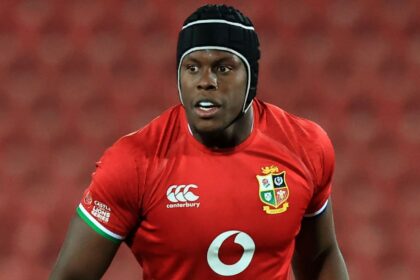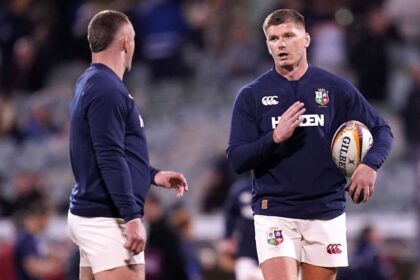Springboks Break the Curse in Dublin: An Epic Match with Ireland
Dublin witnessed a rugby match that will be etched in the memory of fans. South Africa’s Springboks defeated Ireland with a score of 23-14, marking their first victory on Irish soil since 2012 and reaffirming their position as the best team in the world. However, the match was much more than a simple victory; it was a clash full of drama and unexpected moments. The match was marked by Irish indiscipline, which accumulated four cards in the first half, even playing with only 12 men at one point. In addition, coach Rassie Erasmus made bold tactical changes, including substituting both props at a key moment. The Springboks took advantage of these situations to score a penalty try and one more try, demonstrating their superiority on the field.
- Damian Willemse scored a spectacular try in the first few minutes.
- Ireland had a try disallowed due to an illegal action.
- Cobus Reinach scored a new try for the Springboks.

Damian Willemse scored South Africa’s first try in Dublin. Charles McQuillan/Getty Images
In the second half, Ireland tried to react, but the Springboks maintained their dominance, with Feinberg-Mngomezulu extending the lead. Despite Irish efforts, the discipline and physical strength of the Springboks were decisive. The South African team sought to wear down Ireland, which allowed them to control the game. The victory in Dublin broke a 13-year streak without the Springboks winning on Irish soil and allowed them to consolidate a successful season. The match demonstrated the physical and tactical superiority of the Springboks, with outstanding performances from players like Malcolm Marx and Feinberg-Mngomezulu.
Charles McQuillan/Getty Images
Ireland, despite their effort, could not overcome the discipline and power of the Springboks. The lack of control and numerous penalties (18 in total) were decisive in their defeat. At the end of the match, South Africa’s victory was a clear reflection of their superiority in a match that will remain in rugby history.










